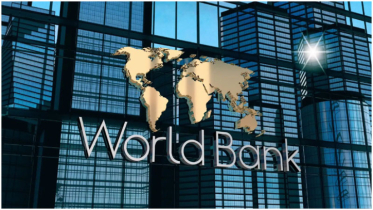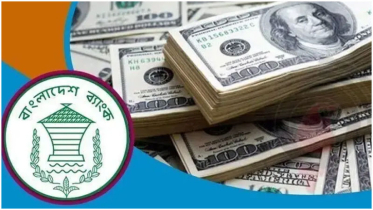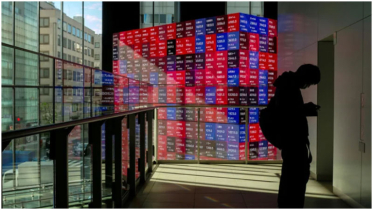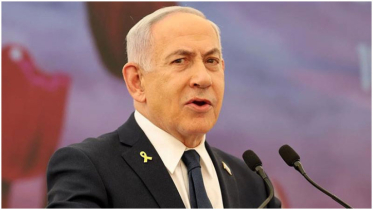Pakistani Rupee under pressure, hits 12-week low
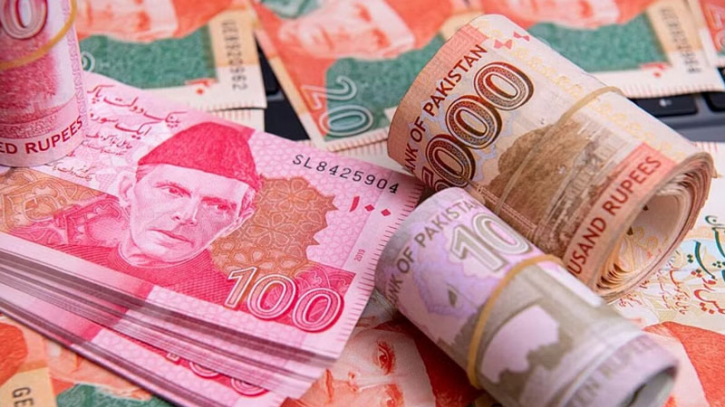
With the surge in demand for the US dollar, the Pakistani rupee came under huge pressure in the inter-bank market on Wednesday, losing 0.64% of its value, or Rs1.84, and reaching a 12-week low at Rs289.38 against the dollar.
The rupee continued its losing streak for the third consecutive working day, dropping a cumulative 1%, or Rs2.93, according to data from the State Bank of Pakistan’s (SBP).
Apart from the increasing demand for the greenback for import payments, the rupee came under pressure after Barrick Gold company clarified that it was not in talks with Saudi Arabia for investment into Pakistan’s multibillion-dollar copper mining sector.
Earlier, reports saying that the kingdom was negotiating an investment proposal rejuvenated the market over expectations that the potential inflow of financing would help build Pakistan’s foreign currency reserves and shield the rupee from further free fall.
In the open market, the rupee decreased 0.50%, or Rs1.50, to Rs292.50/$ on Wednesday. In the previous three working days, the currency had remained unchanged at Rs291/$ in the market, according to the Exchange Companies Association of Pakistan.
Accordingly, the exchange rate difference between the inter-bank and open markets further narrowed to Rs3.12, which was in line with the International Monetary Fund’s (IMF) recommendation of a maximum gap of 1.25%.
The reduction in the exchange rate gap is expected to help bring more export earnings and worker remittances to the country via legal banking channels and authorised currency exchange companies. In mid-June, the IMF expressed concern over the widening difference that reached a record Rs27, saying the gap was diverting foreign currency inflows from legal channels to illegal networks like the Hawala-Hundi and black currency markets.
Later, Pakistan reached an agreement with the IMF in late June to keep the exchange rate gap at a maximum of 1.25% under a new loan programme of $3 billion.
.png)

